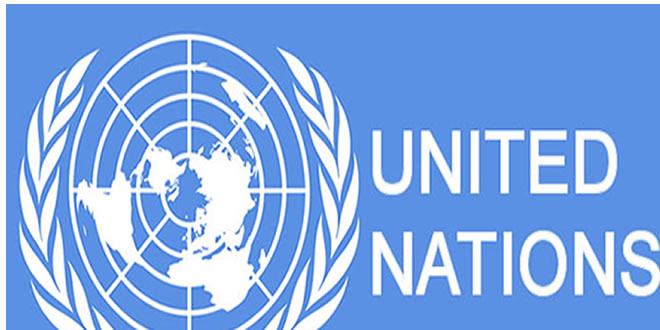To obtain the nutritive substances that provide energy for activities, growth and other functions of the body to keep the immune system healthy, food is essential for a human being. Global data from the United Nations shows that in 2020, between 720 million and 811 million people worldwide suffered from hunger, approximately 161 million more than in 2019. A staggering 2.4 billion people, representing more than 30 % of the world’s population suffered from moderate or moderate hunger. in a situation of severe food insecurity, without regular access to adequate food; and globally, 149.2 million children under five (22%) were stunted (low height for their age) in 2020. These were some of the food and nutrition crises that United Nations Member States envisioned when Goal 2 of the Sustainable Development Goals was adopted, which seeks to end hunger and ensure access for all people, particularly the poor and people in vulnerable situations, including infants, to safe, nutritious food and enough throughout the year by 2030.
In Nigeria, all indicators of malnutrition, child stunting, child wasting and child mortality are combined into Nigeria’s ranking of 103 out of 121 countries according to the Global Hunger Index in 2022. The index indicates that 12.7 percent percent of the country’s population is undernourished, 31.5% of children under five are stunted and 6.5% of children under five are wasted. With 133 million Nigerians reported to be multidimensionally poor, without access to the basic necessities of life such as food, education, quality healthcare, sanitation, nutrition, among others, it means that 63 percent of Nigerians live within the line extreme poverty. What then is Nigeria’s Zero Hunger policy and what strategies do we pursue to create a country free from hunger by 2030 or at least by 2060 when Nigeria celebrates 100 years as a sovereign country? How is Nigeria dealing with the effects of multiple global crises such as conflict, the COVID-19 pandemic, climate change and growing inequalities that are converging to undermine global food security? These are not questions that demand answers only from the Federal Government; These are questions that urgently demand sustainable engagements from all stakeholders in the zero hunger ecosystem: governments, private sector-led engagement to access food, and non-profit engagement to both hold leaders accountable for zero hunger policies to provide food assistance to vulnerable communities.
To ensure that the 133 million multidimensionally poor Nigerians do not go to bed hungry every day, the government must rapidly reduce the causes and main drivers of the hunger crisis, such as insecurity and conflicts between herders and farmers in rural Nigeria; and launch a national zero hunger policy and food security strategy at all levels of government: federal, state and local. To be sure, Nigeria has adopted a wide range of policy instruments and measures since the early 1970s, but such food policies have not been as effective as claimed. Take the school feeding program for example, although the sound of free school meals from the federal government is theoretically good, the intended beneficiaries can only feel the implementation effectively when it is free from corruption and expands to benefit more Nigerians within from the poverty belt. . Such a policy plan must be specific about how to reduce the number of hungry households and reduce diet-related disease by increasing access to healthy food by 2030. There is so much that individuals and businesses can do, but the government has the key to ending the structural crisis. poverty and inequality, particularly at the subnational level.
More importantly, the tool for achieving a sustainable solution to ending hunger is to educate, empower and expand opportunity for all. When a person, particularly the girl in the rural area, receives an education, it has a ripple effect that catalyzes a far-reaching impact in the communities. Unless the country provides unimpeded access to quality education to the hungry, it will be difficult to lift them out of rising poverty rates. Education, improved and mechanized agriculture, health care, and access to finance in rural areas are crucial resources that every nation needs to break the cycle of poverty. To achieve a sustainable outcome in this drive, Nigeria needs disciplined deliberation in responsible, inclusive, humane, people-driven and transformative leadership at all levels and spheres of our society, including traditional and religious spaces.
Collectively, we must make food an instrument of social solution, both for the individual and for society. Since we cannot be food secure without physical and environmental security, everyone must take responsibility for ensuring that poor and vulnerable Nigerians have access to quality food. It is in line with this reasoning that the T200 Foundation provides life-saving food and nutrition assistance to people affected by social conflict and people in need of food.
It’s important that everyone gets involved because a hungry nation is an angry nation. Zero hunger is possible and we must make it a reality.
- Emmanuel Osadebay is the Executive Director of the T200 Foundation







